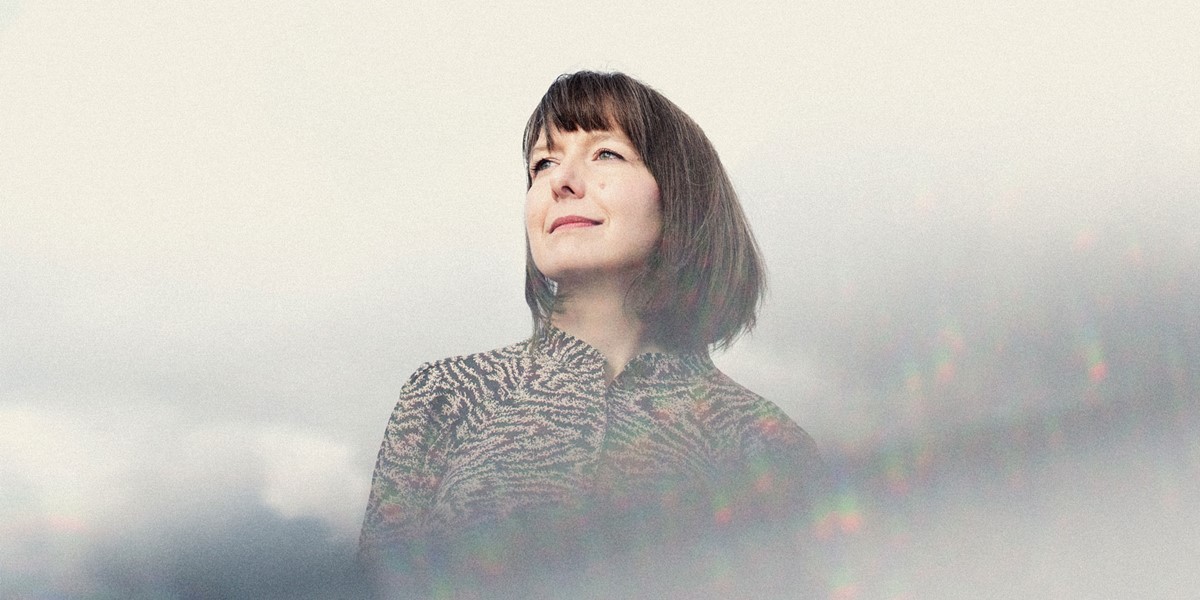Tuesday, January 17, 2023
Emily Portman interview: “Living in the world, I feel like we just need a bit of magic... and the creative process is about finding that magic”
By Tim Cumming
Emily Portman talks about her search for magic and modern connections in the folk tales that inform her music


Register now to continue reading

Thanks for visiting the Songlines website, your guide to an extraordinary world of music and culture. Sign up for a free account now to enjoy:
- Free access to 2 subscriber-only articles and album reviews every month
- Unlimited access to our news and awards pages
- Our regular email newsletters

